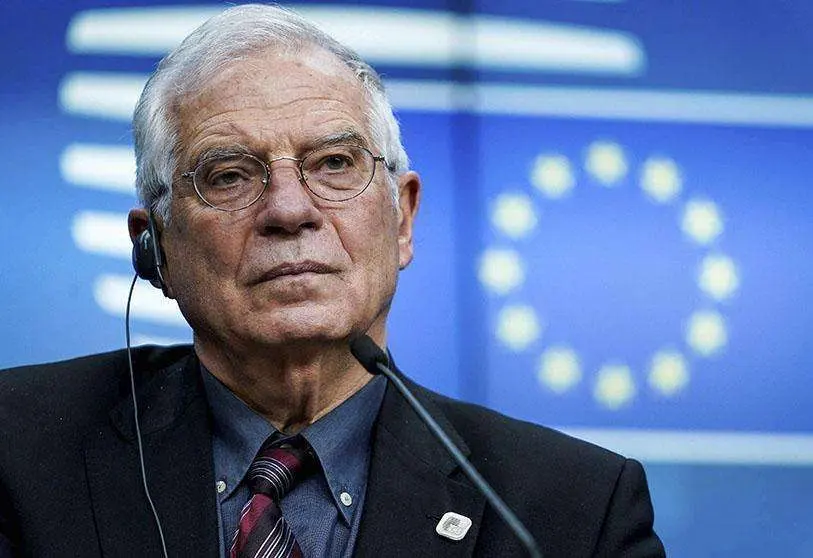“La Unión Europea está dispuesta a impulsar la cooperación con Marruecos”, asegura Borrell

In the midst of the migration crisis on the Spanish-Moroccan border caused by the current diplomatic tension between Madrid and Rabat, Josep Borrell has assured the EFE news agency that it is "normal" that if a country breaks an association agreement with the European Union there will be "consequences". However, the Spanish politician is willing to mend ties with Morocco by boosting cooperation. "My role is to work to rebuild good relations", Borrell said. However, he also stressed that "immigration must be a regulated and orderly process". With the aim of rebuilding bridges between Morocco and Spain, Borrell recalled in an interview on RTVE that "Brussels has granted Rabat 15 billion euros thanks to Spanish mediation".
Regarding the arrival of thousands of people, mostly minors, in Ceuta from Moroccan territory, Borrell considered it a "warning" from Rabat, and not a "threat". "Tense diplomatic relations can sometimes trigger migratory problems", Borrell explained, referring to the crisis between Morocco and Spain over the Ghali case. The Polisario Front leader arrived in Spain in April for medical reasons after contracting the coronavirus and suffering severe respiratory problems. The government of Pedro Sánchez has supported Ghali's hospitalisation on humanitarian grounds. Morocco has reproached Spain for its behaviour, recalling that the Polisario leader is accused of crimes against humanity. Since April, the Kingdom has warned on numerous occasions that Ghali's stay in Logroño would have consequences until, finally, between Monday and Tuesday, more than 8,000 people in an irregular situation entered Spanish territory with the approval of the Moroccan authorities.

"Ceuta is the European border with Morocco. The EU will do what is necessary to help Spain in these difficult times", Borrell explained, showing his support for Madrid during this migration crisis. However, he also pointed out that the current priority is to protect the lives of the people who have arrived in the Spanish enclave and to re-establish normality in Ceuta. On the other hand, this weekend, hundreds of people have tried to cross the border into Melilla, where the Minister of the Interior, Fernando Grande-Marlaska, has travelled.
The EU High Representative alluded to other countries with which Brussels has migration agreements, such as Turkey and Libya, with the aim of combating mafias and stabilising migratory flows. Brussels, which shares interests and challenges with Morocco, needs cooperation with the Kingdom on issues such as terrorism and security. Paris has also recently stated that this partnership is essential in places such as the Sahel, which is experiencing a worrying increase in terrorism. This region must be a key focus of European foreign and security policy, and cooperation with third countries is necessary to overcome the challenges. As Borrell pointed out, "our security begins far from our borders, and that is why we must involve them militarily". The head of European diplomacy also believes that 'we should have a more geopolitical vision of our future'.

Despite declarations by EU countries and even non-EU countries such as the United States to reduce tension between Rabat and Madrid, relations between the neighbouring countries continue to cool. Moreover, Morocco is still awaiting a response from the Spanish government on the 'Ghali case'. After warnings from the Minister of Foreign Affairs, Nasser Bourita, and the Ambassador to Spain, Karima Benyaich, it was the turn of Fouad Yazourh, Director General of Political Affairs at the Ministry of Foreign Affairs. Yazourh insisted that Spain must carry out an investigation, which he hoped would be "transparent", into Ghali's case. He also reported on the "interference of four generals from a Maghreb country", alluding to Algeria, the Polisario Front's main ally.








